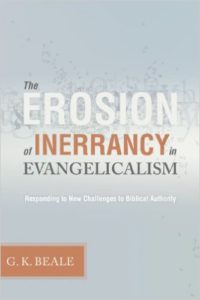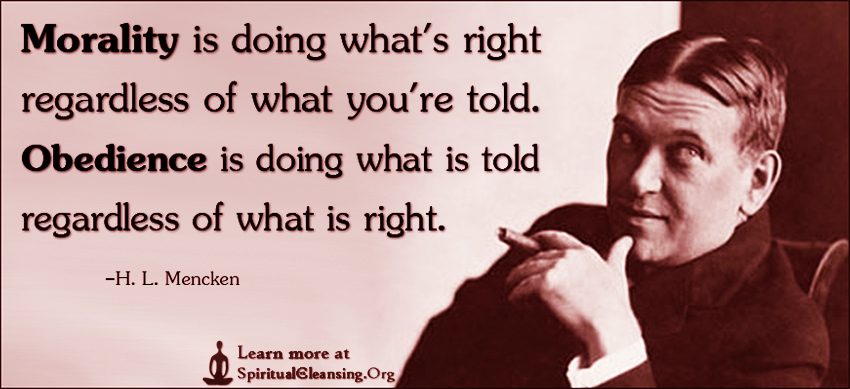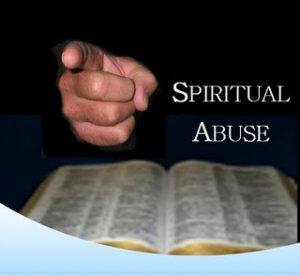 Someone standing outside a church on the Sunday morning could be forgiven for thinking that Christian practice is extremely dull. Few of those who participate in worship appear to radiate any joy on their faces when leaving a church building. The Anglican prayer states that ’it is our duty and our joy at all times and in all places to give thanks to thee’. Much Christian behaviour seems to flow out of the first noun in the prayer rather than from the second. Worship, church attendance and Christian observance generally for many people seem to belong to the part of life that we associate with duty.
Someone standing outside a church on the Sunday morning could be forgiven for thinking that Christian practice is extremely dull. Few of those who participate in worship appear to radiate any joy on their faces when leaving a church building. The Anglican prayer states that ’it is our duty and our joy at all times and in all places to give thanks to thee’. Much Christian behaviour seems to flow out of the first noun in the prayer rather than from the second. Worship, church attendance and Christian observance generally for many people seem to belong to the part of life that we associate with duty.
Going back to the early 70s there was a time when I thought that Christians had begun to catch a sense of the ‘joy’ part of the prayer. The early days of the charismatic revival seemed to promise a sense of excitement, enjoyment and even adventure in the Christian journey. There also seemed to be a new movement towards reconciliation among Christians. Members of quite different backgrounds were talking to one another. The Holy Spirit seemed to be making the Christian faith exciting as well as transcending some of the old divisions. This honeymoon period of the charismatic movement in fact barely lasted out the 70s. Somewhere around 1983 it could be seen that the old barriers between denominations and traditions had begun to be re-erected; old suspicions between conservatives and liberals were revived. Most of the charismatic action was now taking place in independent fellowships and house churches. Those denominational groups welcoming the Holy Spirit were almost inevitably conservative in their theology, and there was no encouragement for a non-conservative such as myself to be part of one of them. Even though in the mid-80s I had written a book on Christian healing in which I spoke positively about charismatic spirituality and healing, I completely failed to find any network of support for this distinctive non-conservative appreciation of the spirituality. Although I retained within me some of the positive aspects of my exposure to charismatic prayer and healing, I was no longer in any structural sense a part of what I had recognised to be a real movement of the Holy Spirit into the church.
What was it that I had valued in charismatic renewal which is now partly lost to me? The things that I valued were spontaneity and freedom in worship with a readiness to be open to a whole variety of new spiritual discoveries. Pastoral care also became an arena of the unexpected as insights were given and shared in quite extraordinary ways. My wife and I knew at first hand some of the experiences of prophecy, insight and healing spoken of in the literature. When a physical or spiritual transformation took place, there was a tangible sense of encouragement for this kind of work. But as the practitioners of charismatic renewal withdrew more and more into their tightly controlled conservative fellowships, these experiences for one now on the outside became rarer. Eventually my participation in such spiritual practices became only a memory.
At a meeting yesterday of a Christian group which I go to monthly, each of the members was asked to read a passage which had meaning for them. Some read poetry, some passages from the Bible and others extracts from a favourite novel. I found myself going to an anthology of Russian spirituality. There is a particular passage which I had not read recently, describing a conversation between a writer called Motovilov and St Seraphim, a 19th-century Russian mystic. Seraphim speaks about the goal of the Christian life. He says that it is simply to gain the Holy Spirit. We then have a description of the writer Motovilov gazing into the eyes of Seraphim and seeing an intense radiance of light. What is especially interesting following this transfiguration experience are the questions asked of Motovilov. He is asked three times the same question, ‘what do you feel?’ The first answer that he gives is: ‘I feel extraordinarily well’. Seraphim gives a commentary on this statement that this is the peace that is given to the one who fears God. ‘My peace I give unto you: not as the world giveth, do I give unto you…’
The question, ‘what do you feel?’ is repeated a second time. This time the answer is ‘a wonderful sweetness’. Once again Seraphim comments that this sweetness makes it seem that ’our hearts are melting from it. We are transported with such beatitude as no tongue can express’. Such sweetness is a foretaste of the joy that we shall experience in heaven when we will know the things God has prepared for them that love him. When the question is asked the third time the writer confesses that he feels a remarkable warmth. This is compared to the warmth of the steam in a bathhouse when water is thrown on to hot stones. Finally, Motovilov’s attention is drawn to the smell of an extraordinary fragrance which is given within this experience.
Seraphim explains that all these experiences of an encounter with the Holy Spirit will be retained for ever in the memory. Recollection of this memory will help Motovilov create a heart within filled with a love for God. This will sustain him in this life and help him to appreciate as well as anticipate the joys of the world to come.
I found this short passage describing the word and works of Seraphim very helpful in reminding myself that there are ways of being caught up in an experience of the Holy Spirit which have nothing to do with conservative theology and any of the over-dramatised events that came to the fore with the Toronto Blessing. The doctrine of the Holy Spirit is a doctrine that invites us to explore the depths and mystery of God and we are all invited to know this for ourselves. Seraphim seems to have recognised that his disciple would not be experiencing such things every day but the recollection of the event would be of enormous help in maintaining a God-orientated perspective in his Christian life. I realised that my own encounters with charismatic spirituality are not wasted in any way but even the memory of them can allow me as an individual to go on exploring the depths and mystery of God in many other ways. These four gifts that Seraphim identified in the religious experience are therefore for all of us. Even a slight acquaintance with Seraphim’s peace, sweetness, warmth or smell can reposition us again and again with a sense of the presence of God. A slight touch by one of these gifts will ensure one thing above all others. God and our knowledge of him is never meant to be dull. It is indeed our duty and our joy to come into his presence and have a sense of his guidance and reassuring presence for ever.
As I read the passage from Seraphim yesterday at the meeting, I realised that the passage was giving me back a sense of excitement in the Christian way. I also began to see more clearly how such experiences, however dim, are also helping us to glimpse the riches of the life beyond. The Holy Spirit whether taught in the charismatic context or as here in an Orthodox setting, is a doctrine that tells us quite simply that to be a Christian is to be constantly exposed to depth, joy and profound excitement in living as well as close to God. Being a Christian should mean glimpsing this depth all the time and perhaps allowing us to be the sort of Christian that does on occasion have a smile on our faces!








